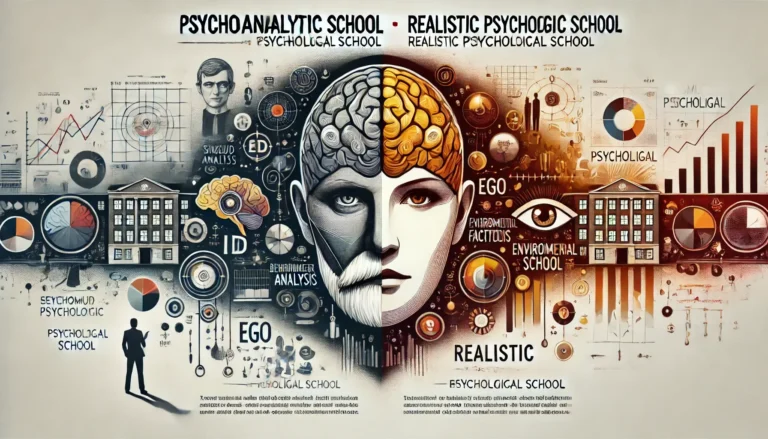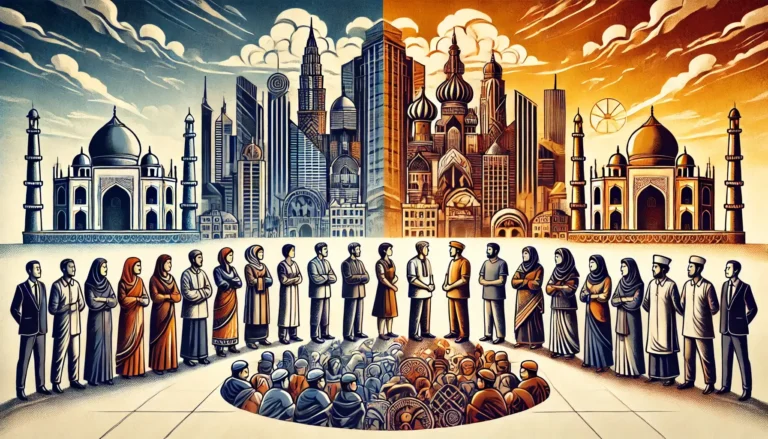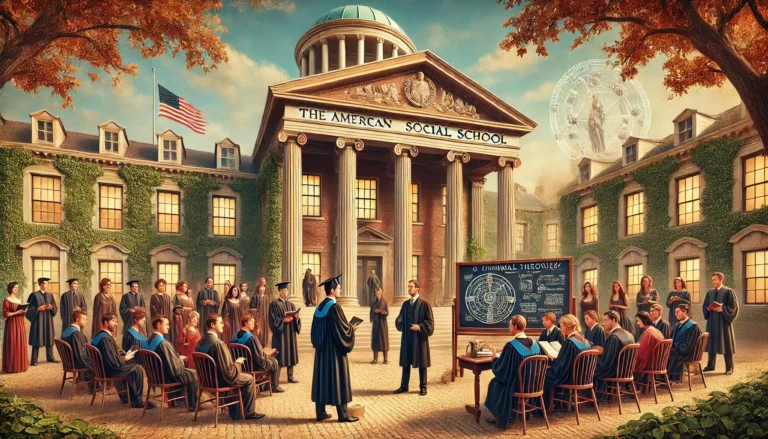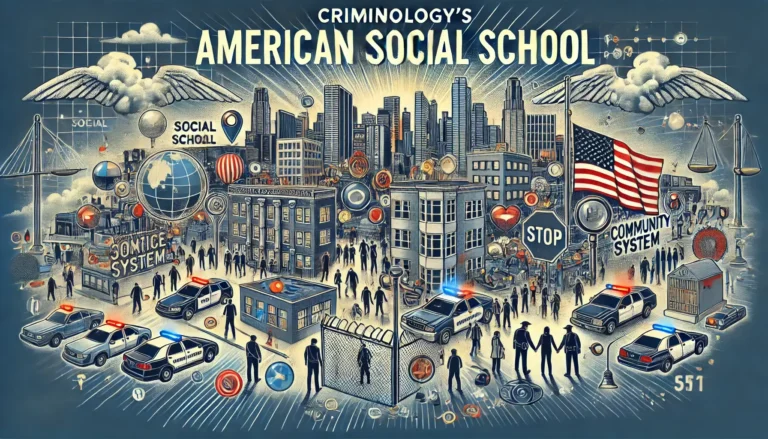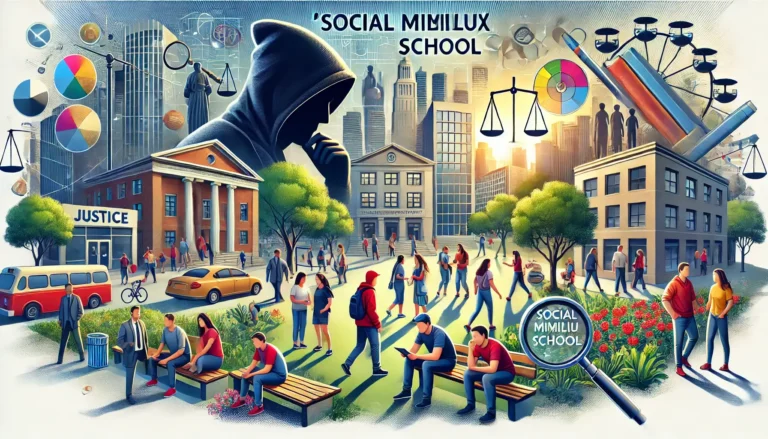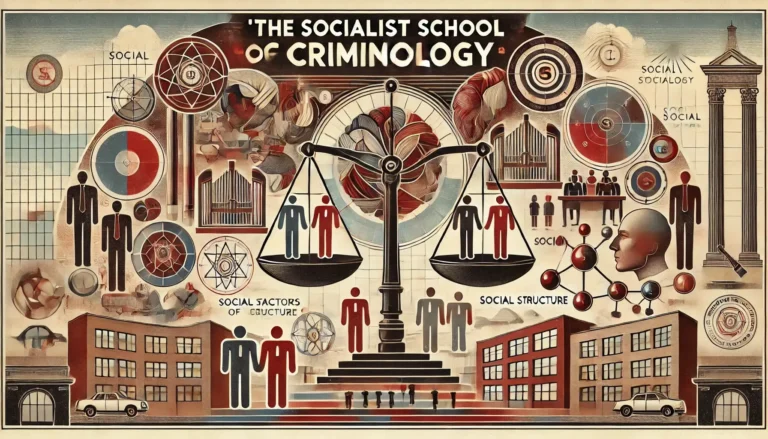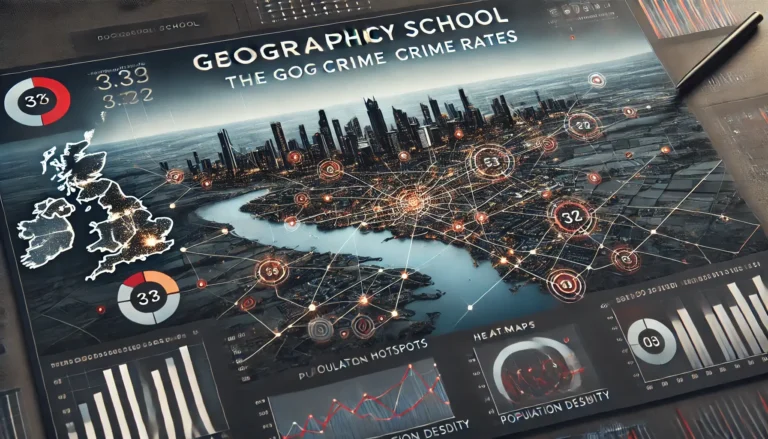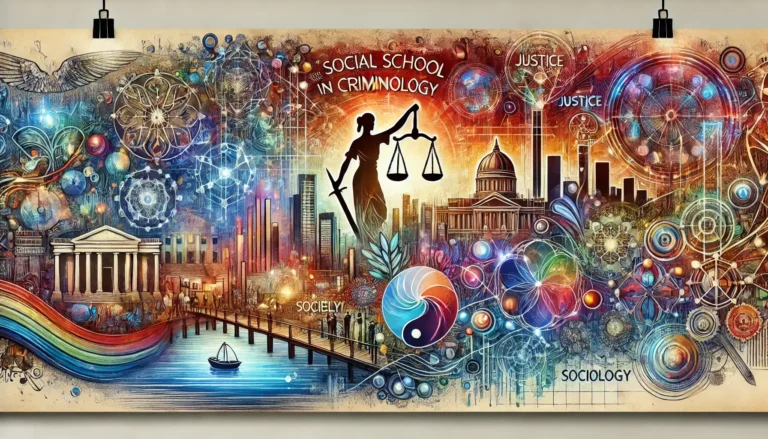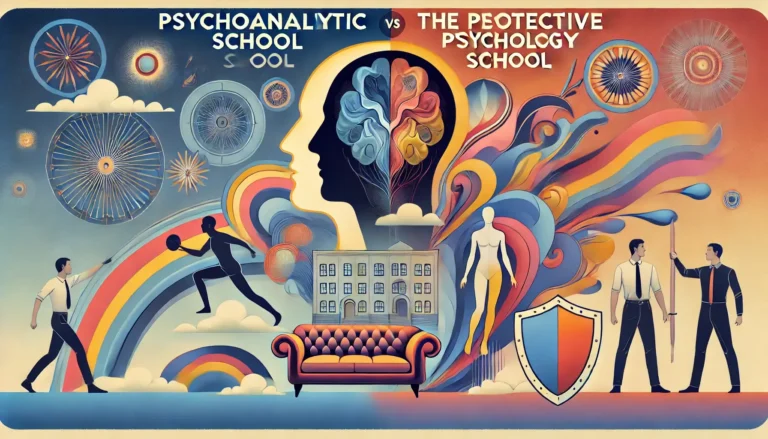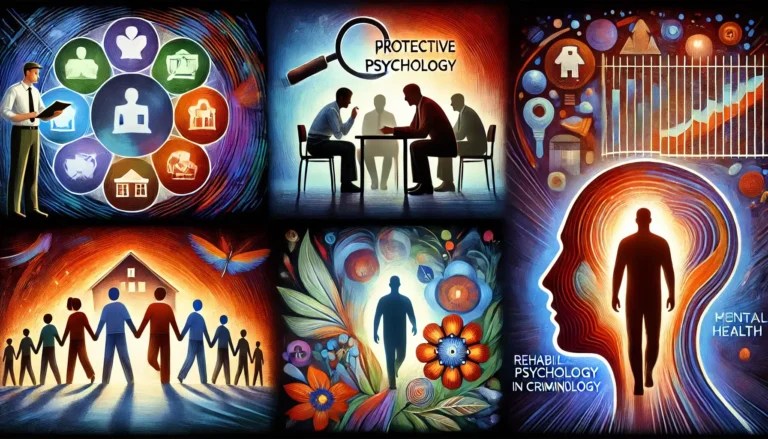Psychoanalytic School: Realistic Psychological School
Introduction: The Psychoanalytic School and the Realistic Psychological School Criminology, the study of crime and criminal behavior, is a multidisciplinary field that draws from psychology, sociology, and law. Two of the most influential psychological schools in criminology are the Psychoanalytic School, which emphasizes the unconscious mind and internal conflicts, and the Realistic Psychological School, which…

